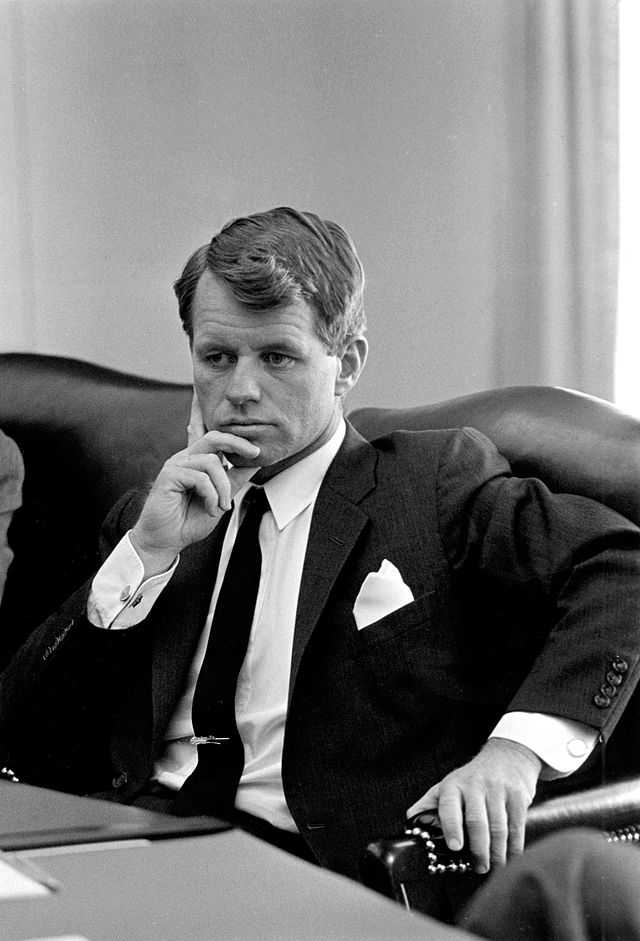7 September 2014 | Articles, Articles 2014, Management | By Christophe Lachnitt
The Management Lesson Of Robert F. Kennedy
A manager should not be omniscient.
In “Bad Blood: Lyndon B. Johnson, Robert F. Kennedy, And The Tumultuous 1960s,” Jeffrey K. Smith recounts the installation of Robert Kennedy (RFK), my hero, as Attorney General in the executive branch of the government led by his brother. He was 35 years old.
Aware of his limited legal experience, the new Attorney General surrounded himself with gifted deputies. During their first staff meeting, he told them, “Listen, I have a problem. You are all better lawyers than me but I am the Attorney General, and so it is I who must decide. But that does not mean that my decisions have to be unfounded. I count on you to tell me what you think.”
It is a singular exhortation from a member of the Cabinet.

RFK thus highlighted, in exceptional circumstances, what should be a cardinal rule of management: Leaders do not have to know everything about the area they oversee. Their experience, judgment, intelligence, analytical mind, creativity and/or courage, not their omniscience, should allow them to make the best decisions.
Furthermore, the promotion of a manager seeking to be omniscient is inherently dangerous, in my opinion: The urge to know everything inevitably leads to micromanagement, which prevents the manager and their teammates alike from growing.


